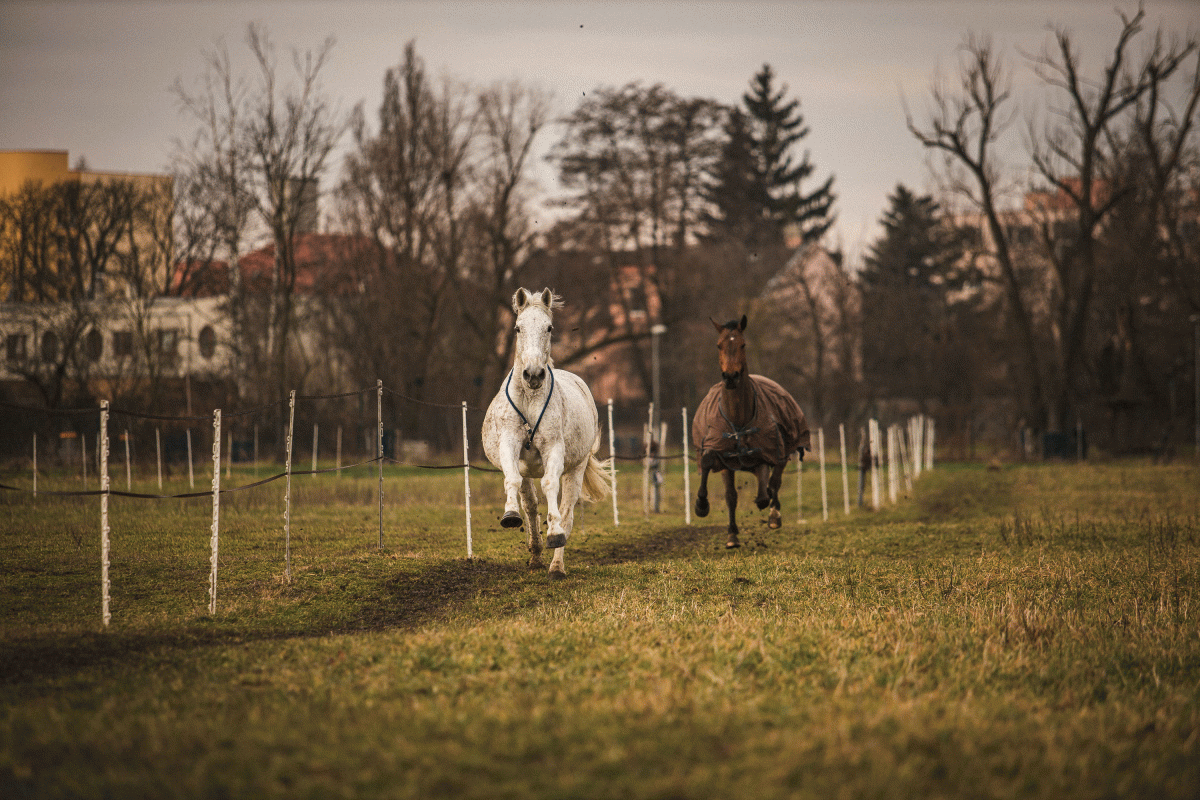
When the seasons start to change and autumn becomes present within the morning frosts and leaves turning brown, equestrians brace themselves as they enjoy the last sunny days. Once the weather turns cold and the sun disappears, it is somehow a bit harder to enjoy stable duties while fighting the rain, moisture, and chill. And whilst the omnipresent mud might be beneficial for horses in small doses, too much of the brown substance can cause serious health issues. Here are three of the reasons why you want to consider keeping your horse away from a very muddy pasture.
Soaking Hooves
An occasional walk in mud helps to moisten the hooves and keep them from contraction. However, when the soil gets wet, and horses stand in mud that reaches above their hooves, the hooves suffer from excess moisture. They get flatter and wider, which is nature's way to help horses not to sink into the mud. When the outer structures start to collapse, the inner tissues bear too much stress. Therefore, it is apt to consider the quality of the ground and a horse's time spent on it wisely, especially when the weather is not really friendly.
(Not so) Shiny Coat
Mud in small quantity is beneficial to the coat, too. A layer of mud helps to keep the insects away, and rolling at the pasture promotes the production of skin oils that lead to a shinier coat. However, long-term stay on the muddy ground may cause several skin problems. Apart from irritations and scratches, a common problem regarding this issue is mud fever. Mud fever or pastern dermatitis is a condition affecting lower limbs, where it forms scabs and swelling. Although non-contagious, it is a common problem of horses kept at pasture.
Damaged Tissues
Moving in deep mud may, apart from lost shoes, cause issues such as pulled tendons. The risk of slipping on wet terrain is more prominent, and while lifting legs in deep, thick mud, the danger of pulling a tendon or injuring a ligament is never too far. You may assess the extreme as follows: if the mud is "sucking" enough to pull off your own shoes, it is definitely not suitable for your horse.
As you see, mud is not absolutely bad or good. Here, as in many other situations, applies the "golden middle way" rule. In the end, how many things in life are really just black or white?